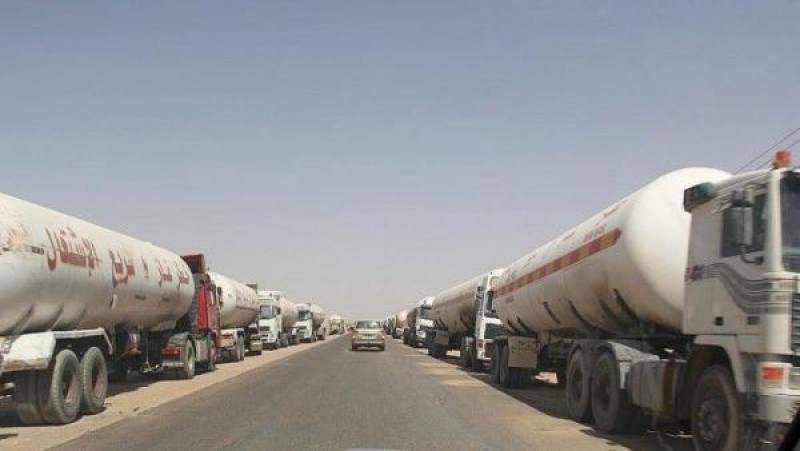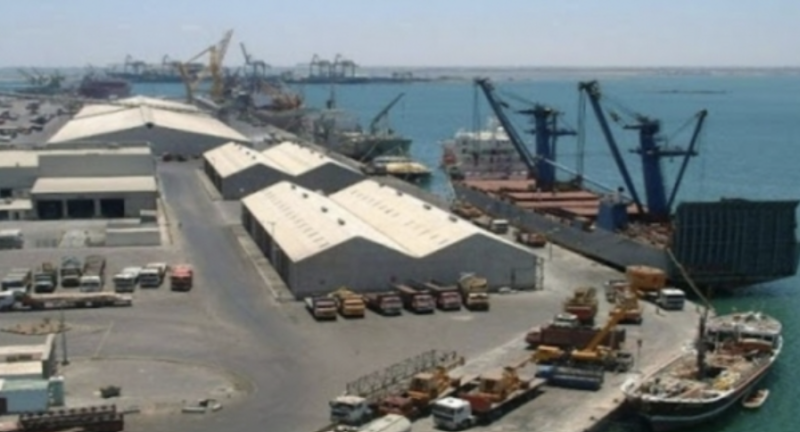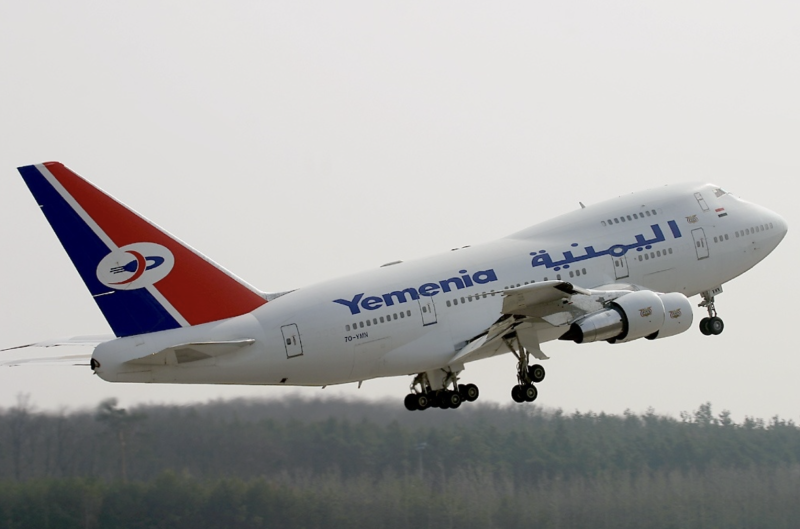French Hostage Returns Home From Yemen


French hostage Isabelle Prime returned home to France on Friday after spending months in captivity in war-torn Yemen.
Ms. Prime met her family and French President François Hollande on Friday evening on the tarmac of a military air base in Villacoublay, a town southwest of Paris.
Ms. Prime, a consultant on a World Bank-funded development project, was kidnapped on Feb. 24 in Yemen’s capital San’a. Early Friday, Mr. Hollande said his government successfully negotiated her release from her captors.
“I always knew France was behind me,” she said at a news conference shortly after her arrival.
The French government thanked Oman for helping arrange her release. France’s foreign ministry declined to comment on who held her captive or how she was released.
France has long denied allegations of paying ransoms to free other hostages held in conflict zones.
“The liberation of Isabelle Prime shows again that France never abandons its own,” said French Foreign Minister Laurent Fabius.
In an interview Friday with French television news channel BFMTV, Mr. Fabius said the negotiations took “several months” and that no ransom was paid.
Ms. Prime was abducted along with Shereen Makawi, a Yemeni translator. Her assailants posed as policemen and forced the pair into a car on a busy street in the center of the city, local security officials said at the time.
Ms. Makawi was released in March, but Ms. Prime remained in captivity. A video emerged in June in which Ms. Prime asked Mr. Hollande and Abed Rabbo Mansour Hadi, Yemen’s exiled president, to secure her release. The French foreign ministry confirmed the video’s authenticity.
While it was never clear who were Ms. Prime’s captors, armed groups in Yemen have long exploited security gaps and political instability to carry out kidnappings. Western captives are often sold on by their original captors to other groups, including al Qaeda in the Arabian Peninsula, or AQAP.
Kidnapped American photographer Luke Somers died in December in a botched assault by U.S. Special Forces on an AQAP compound where he was being held.
Another American journalist, Casey Coombs, was kidnapped earlier this year by Yemen’s Houthi rebels before being released in June as a result of U.S. diplomatic efforts. U.S. authorities acknowledged at that time that his release was also assisted by the government of Oman.
The recent kidnappings come amid a worsening security situation that has allowed extremism to thrive in Yemen, the Arab world’s poorest country.
The Houthis, a movement that adheres to the Zaidi offshoot of Shiite Islam, seized power from the president, Mr. Hadi, in February. The following month, Mr. Hadi fled to his ally, northern neighbor Saudi Arabia.
Saudi Arabia then assembled a military coalition of mostly Arab states in late March to carry out airstrikes in Yemen, aiming to unseat the Houthis and restore Mr. Hadi to power. Those strikes, combined with coalition-allied ground actions, are continuing.
WSJ

Aden — The Yemen Gas Company announced Friday the deployment of a fleet of 461 trailers carrying household gas to the interim capital Aden an…

Aden — The internationally recognized government of Yemen has announced the signing of a major agreement to rehabilitate and relaunch operati…

Aden -- Yemen Airways has announced the cancellation of the mandatory round-trip ticket requirement for passengers traveling from Yemen to Saudi Ar…